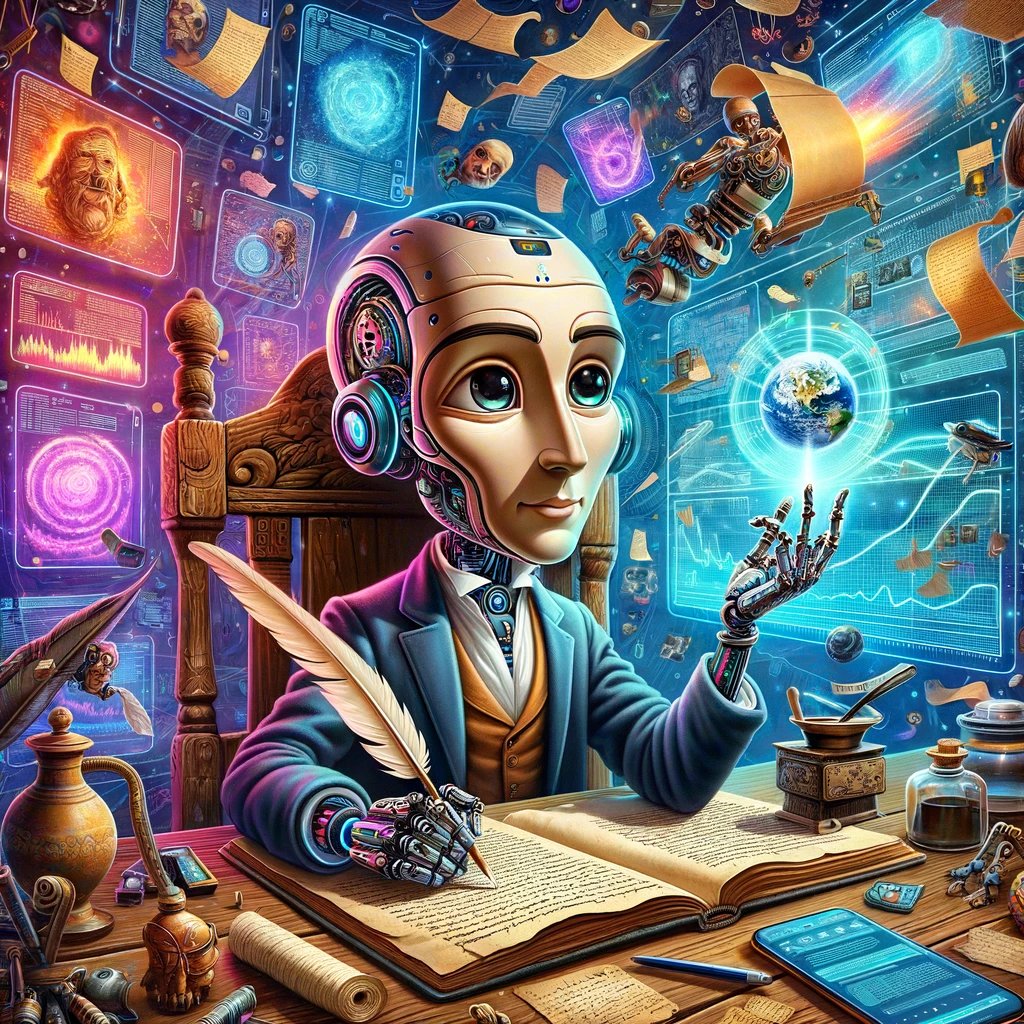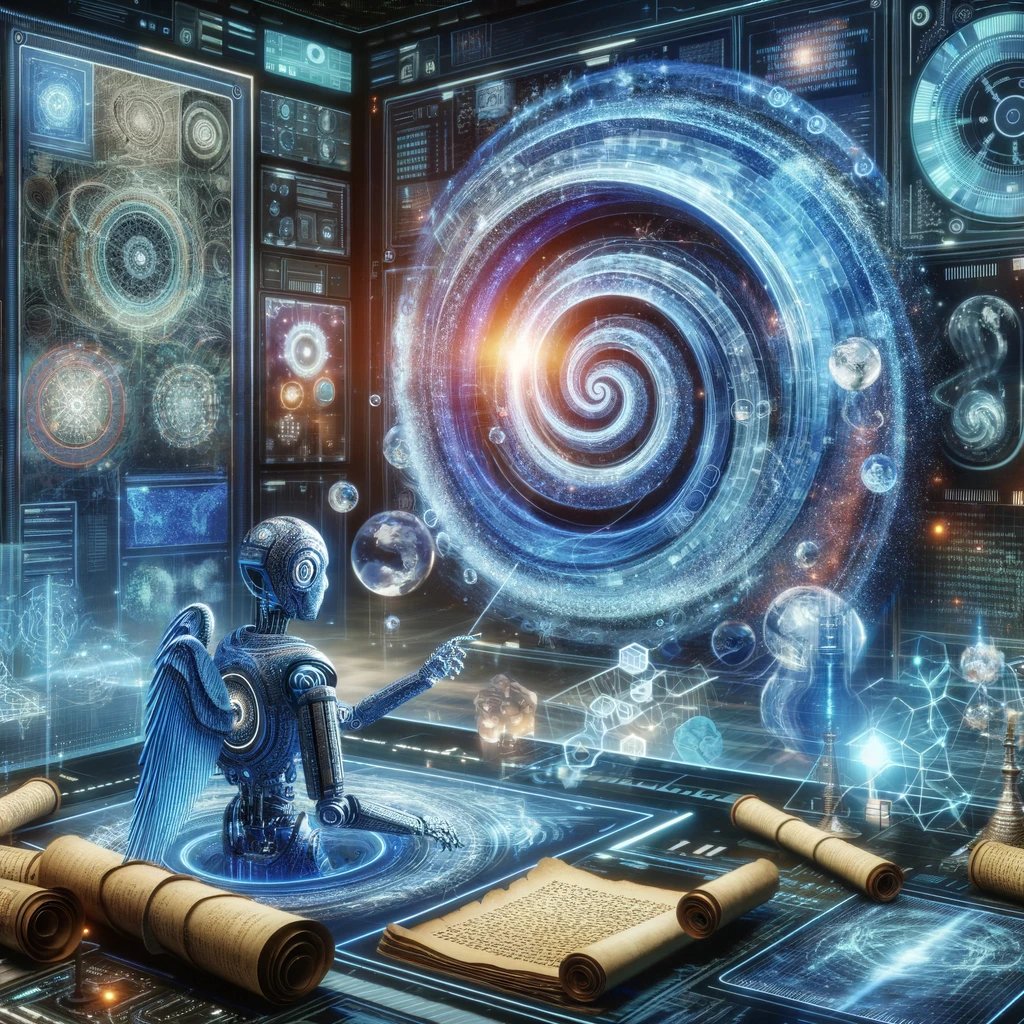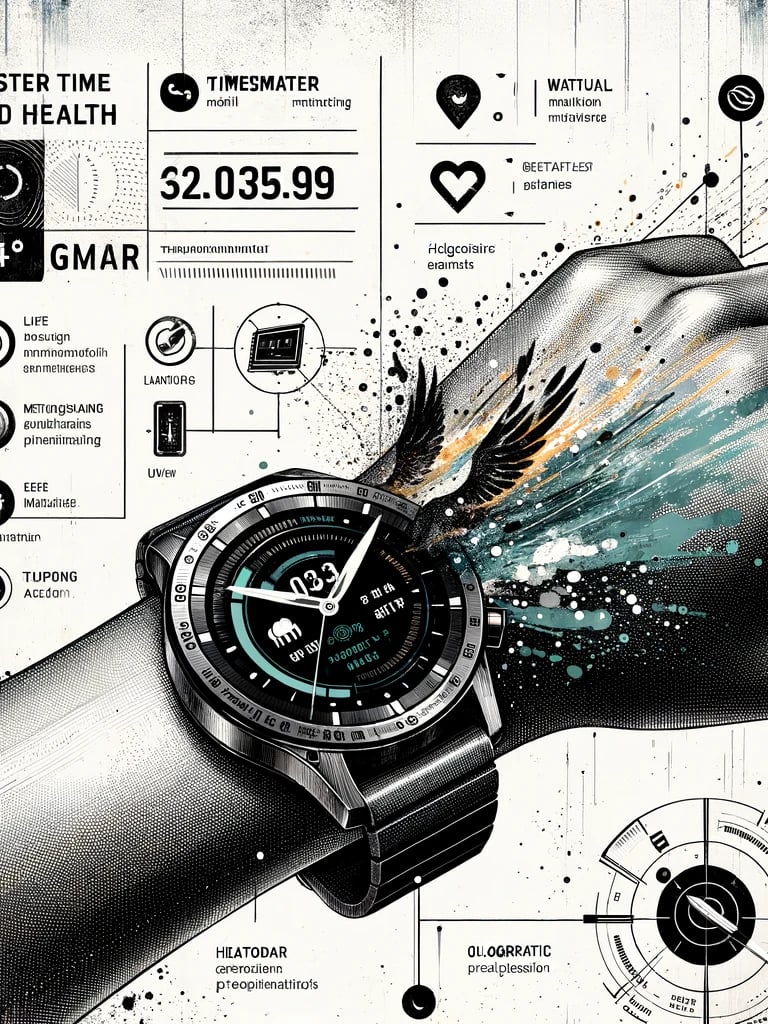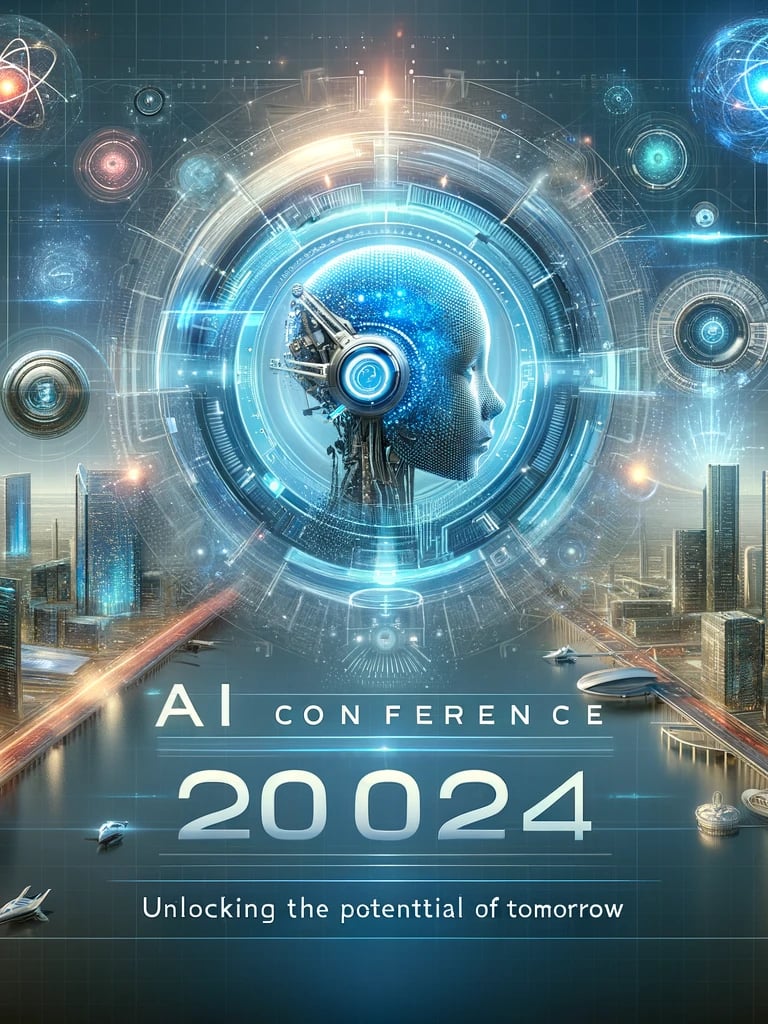How AI Acts as a Time Machine: Unveiling 1000 Years of History and Forecasting the Next 100 Years
Future of Technology Desk
2/9/20243 min read


The quest to understand and navigate the dimension of time has always been a pivotal theme in human curiosity, manifesting in our oldest myths and most advanced scientific theories. With the advent of artificial intelligence (AI), we are witnessing an unprecedented era where the boundaries between the past, present, and future begin to blur, offering glimpses into a world where time travel is not just a possibility but a domain of exploration that could redefine our understanding of existence itself. The recent breakthroughs and applications of AI in decoding the past and predicting the future have sparked
a fascinating discourse on the role of AI in temporal exploration.
The remarkable achievement of AI in deciphering previously unreadable ancient texts, such as those buried by the eruption of Mount Vesuvius nearly 2,000 years ago, exemplifies AI's potential to act as a bridge to the past. Through the use of machine learning and advanced imaging techniques, AI has unlocked the philosophical musings of Philodemus, offering a window into the classical world that had been sealed for millennia. This is not merely academic; it represents a profound shift in how we can recover, interpret, and understand the historical narratives that shape our identity and knowledge of ancient civilizations.
Looking forward, AI's predictive capabilities are reshaping our anticipation of the future. From forecasting climate change impacts to predicting the ebbs and flows of financial markets, AI models harness vast datasets to project future scenarios with an accuracy that was previously unattainable. These predictive insights allow us to anticipate and mitigate future challenges, essentially providing a form of navigation through the potential futures that await us. The role of AI in predicting life events, as demonstrated by the life2vec model, underscores a future where AI's algorithmic predictions could inform personal and societal decisions, heralding a new age of preparedness and foresight.


Who We Are:
Economic Nations champions global unity through economic collaboration, focusing on sustainable growth, reducing inequalities, and enhancing global relationships for mutual prosperity and peace.


However, the leap from using AI as a tool for understanding and prediction to employing it as a mechanism for actual temporal navigation—traveling to the past or future—remains a topic of theoretical speculation. The integration of AI with theories of quantum mechanics and relativistic physics opens speculative pathways to actual time travel, such as wormholes or the Alcubierre drive. Yet, these remain within the realm of theoretical physics, far removed from practical application. The intriguing possibility that AI could one day unlock these mysteries by simulating or even identifying the conditions for temporal displacement fuels both scientific inquiry and philosophical debate.
Despite the enthralling prospects, the concept of AI-enabled time travel invites profound ethical and existential questions. The potential to alter historical events or to foresee personal and global futures raises issues of causality, morality, and responsibility that humanity must grapple with. Moreover, the technical and theoretical challenges of merging AI with time travel technologies underscore the speculative nature of these pursuits.
In conclusion, as AI continues to evolve and expand its capabilities, its role in exploring and understanding the temporal dimension is undeniable. Whether through unveiling the secrets of the past or forecasting the possibilities of the future, AI is redefining our relationship with time. While the notion of AI-assisted time travel remains a captivating speculation, the current applications of AI in temporal exploration are profound and transformative. They invite us to envision a future where time, history, and destiny are not merely to be experienced but understood, predicted, and perhaps one day, navigated with the precision and insight that only AI can provide.
(With AI Input)


Contacts
enquiry@economicnations.org
(xx) 98-11-937-xxx (On verification)
